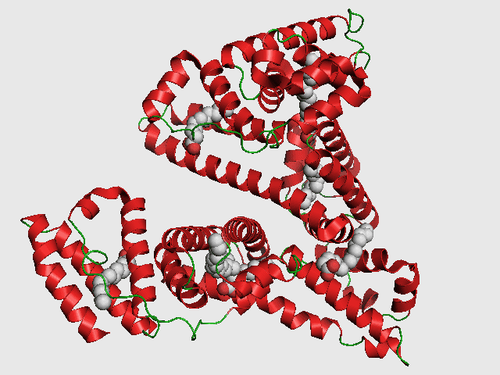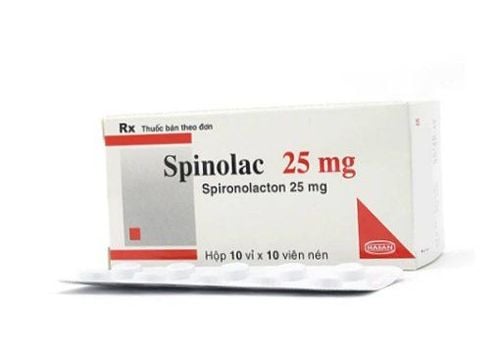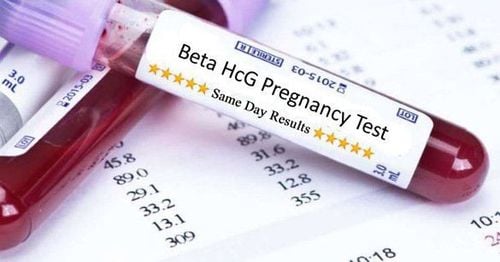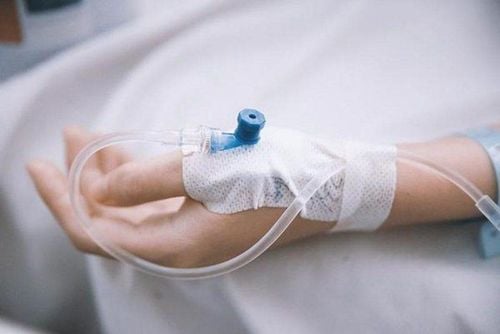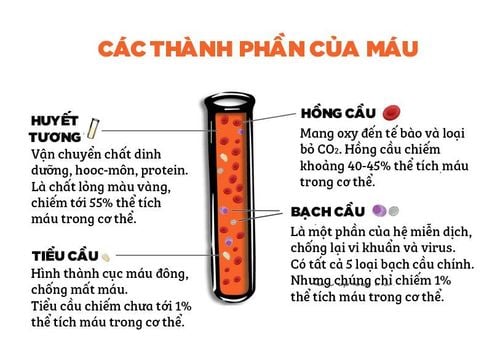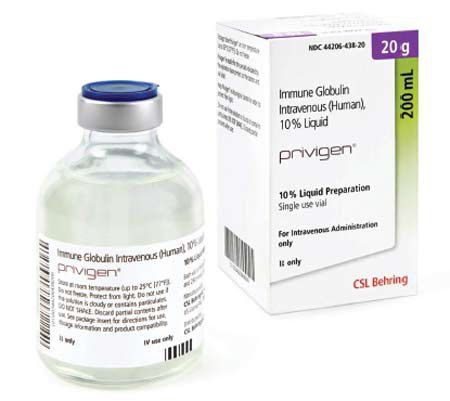This is an automatically translated article.
The article was written by General Internal Medicine - Department of Examination & Internal Medicine - Vinmec Nha Trang International General Hospital.Indications for total protein test when it is necessary to evaluate protein deficiency in patients with the following diseases: Kidney (renal failure, nephrotic syndrome, glomerulonephritis), liver disease (hepatitis, cirrhosis) , diabetes, thyroid toxicity, cancer exhaustion...
1. What does total protein include?
Whole blood proteins include albumin and globulins. Albumin is synthesized in the liver and ensures the following vital functions of the body:
Participates in the maintenance of plasma oncotic pressure. Ensures the transport of many substances (Ex: bilirubin, fatty acids, hormones and drugs. These substances are bound to albumin as they circulate in the circulation. There are 3 main types of globulins in the body: alpha, beta, and beta. and gamma globulin Alpha globulins are synthesized in the liver and include:
Alpha1 globulin such as: alpha1 antitrypsin, alpha fetoprotein and TBG: thyroxine-binding globulin (thyroxin – bingding globulin) Alpha2: globulin such as: haptoglobin, ceruloplasmin, HDL and alpha2 macroglobulin Beta globulins are also synthesized in the liver and include: transferrin, LDL plasminogen and complements.
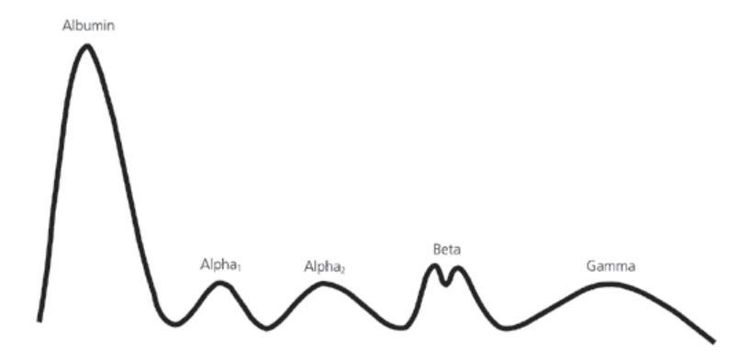
Điện di Protein huyết thanh
Gamma globulins, also known as immunoglobulins, are produced by B lymphocytes in response to antigenic stimulation. Immunoglobulins include IgA, IgD, IgE, IgG and IgM antibodies. The globulins ensure the following vital functions of the body:
Participate in maintaining acid-base balance. Involved in the body's inflammatory response. Plays a key role in the immune defense mechanism and the production of antibodies. Participates in and regulates blood clotting and fibrinolysis. It should be noted that the quantitative test of total body protein is relatively rudimentary. This test detects a decrease or an increase in the total amount of protein circulating in the blood.
2. In which case does the total protein value increase or decrease?
Normal value: 66 – 87 g/l.
Total blood protein may be increased in:
Dehydration (vomiting, cholera, loss of sweat, persistent high fever)

Tình trạng mất nước do nôn có thể gây tăng protein máu toàn phần
Multiple myeloma Waldestrom's disease Sarcoidosis Chronic infections and autoimmune diseases cause hypergammaglobulinemia Total blood protein can be reduced in:
Hemodilution Reduced protein intake: Malnutrition, nutrition protein-free intravenous fluids Renal disease (renal failure, nephrotic syndrome, glomerulonephritis) Percutaneous protein loss (burns) Gastrointestinal protein loss: malabsorption syndrome, small bowel resection, intestinal fistula, disease Intestinal dysfunction causes protein loss Increased protein destruction (diabetes, thyrotoxicosis, cancer depletion). Liver disease (hepatitis, cirrhosis)
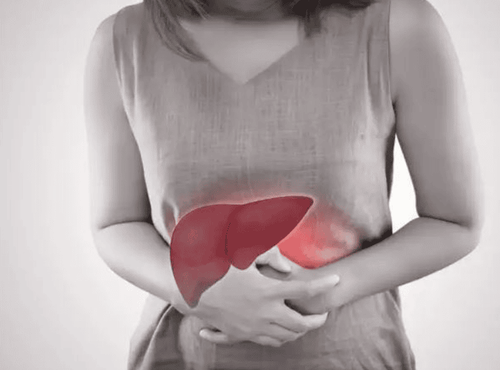
Người mắc bệnh lý gan có thể gây tăng hủy Protein
Vinmec International General Hospital is one of the hospitals that not only ensures professional quality with a team of leading medical doctors, modern equipment and technology, but also stands out for its examination and consultation services. comprehensive and professional medical consultation and treatment; civilized, polite, safe and sterile medical examination and treatment space. Customers when choosing to perform tests here can be completely assured of the accuracy of test results.
Customers can directly go to Vinmec Health system nationwide to visit or contact the hotline here for support.




